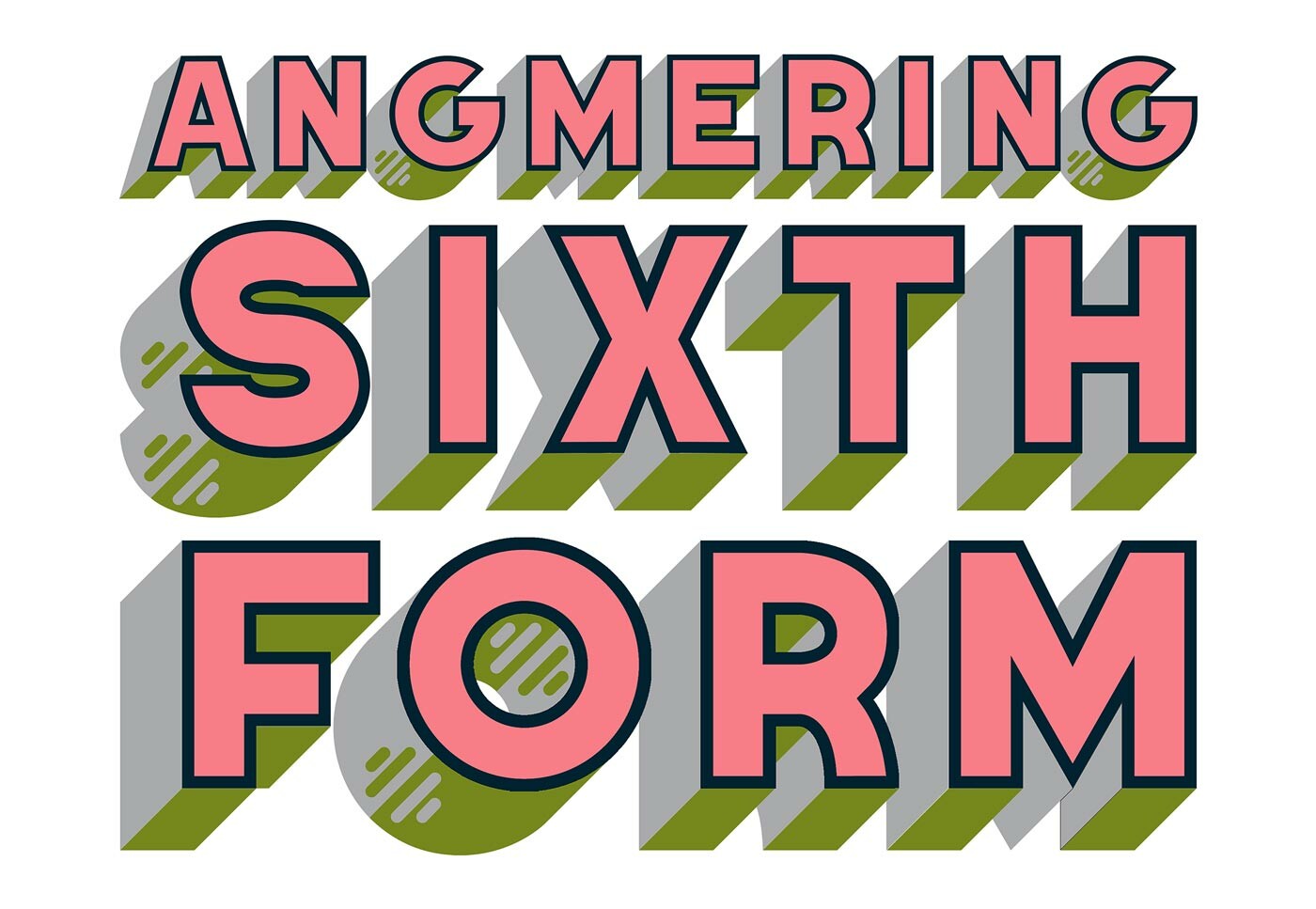Drama A-Level (AQA)
Course Overview
A Level Drama at Angmering aims to engage, inspire and challenge you with a breadth of theatrical content. You will work both practically and theoretically covering a range of scripts, original devised work, attending performances and exploring texts. With a focus on quality, high expectations and fun, we aim to offer an enjoyable and challenging course which will lead to further study or employment in a range of fields.
Drama will expand your public speaking skills, creativity, emotional awareness, risk taking, confidence and self awareness.
Unit 1: Drama and Theatre - study of two set plays and an analysis and evaluation of live theatre. 3 hour written exam, 80 marks, 40% of A level.
Unit 2: Creating Practical Drama - devised work based on theories of a theatre practitionre. Working notebook 40 marks, performance 20 marks, 60 marks total, 30% of A level.
Unit 3: Making Theatre - practical exploration of three script extracts from three different plays. Two internally assessed, one externally assessed. Performance 40 marks, reflective log book 20 marks, total 60 marks, 30% of A level.
If you enjoy watching theatre, are happy to perform and are willing to try out ideas in a workshop environment then you will enjoy the course. The ability to work as part of a team is essential. There are many opportunities to practically apply your skills as a performer.
This subject would suit students who are interested in studying any humanities subjects such as English Literature and Language as well as History, Sociology or Psychology.
The study of Drama and Theatre at A level can help students with a variety of skills as well as develop their creative career aspirations. Students who study this course will enhance their skills in creative thinking, teamwork, analysis, presentation skills, planning etc. The course will support students wishing to improve their communication skills in both verbal and written forms. Students can progress from this course into a number of career areas either by further study or by direct entry to the job market.
The skills you gain while studying a performing arts degree are valued by all types of employers, for example confidence, self-presentation, teamwork and collaboration, ability to experiment with different ideas and learning from feedback. Examples of related roles that students may pursue could include Actor, Stage Manager, Arts Administrator, Drama Therapist and Television Production Assistant. Also useful in a range of other careers such as Law, Teaching, POlitics and Business.
You should be on track to achieve a minimum of 5 GCSEs at grades 4 - 9, including a grade 5 in English Language.
Ideally a GCSE in Drama or a BTEC Level 2 in Performing Arts but not essential. However you must have an interest in live theatre and excellent team working skills.

